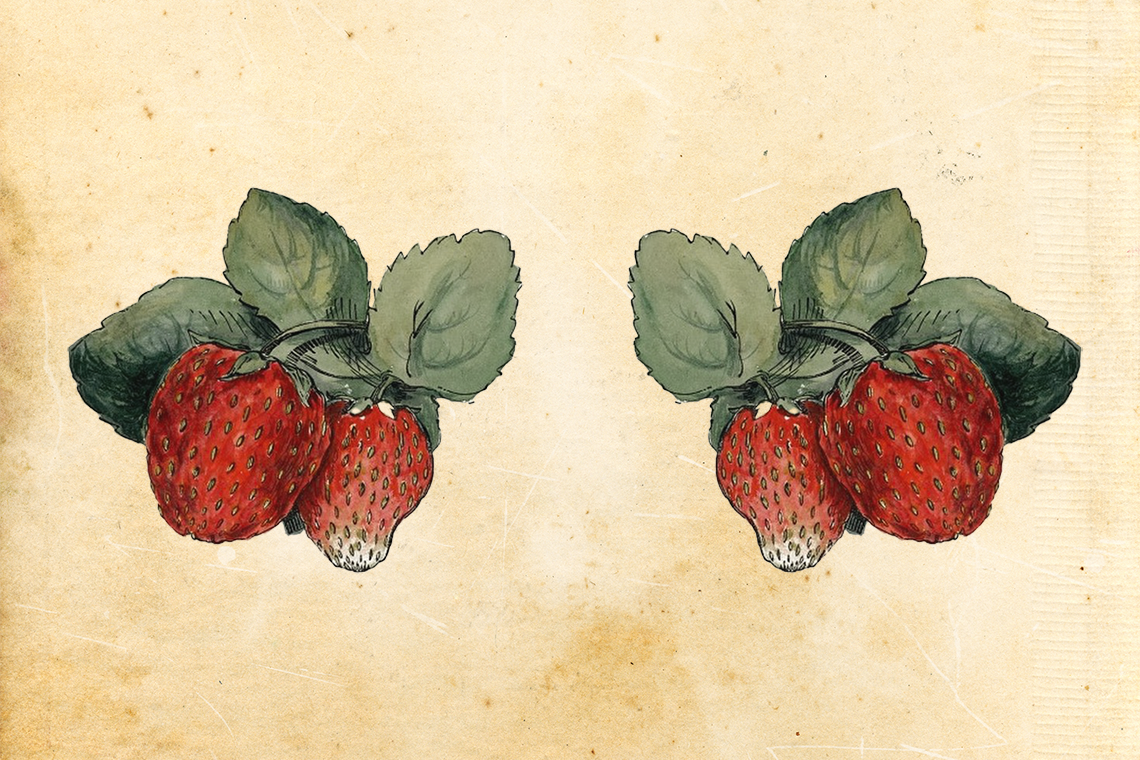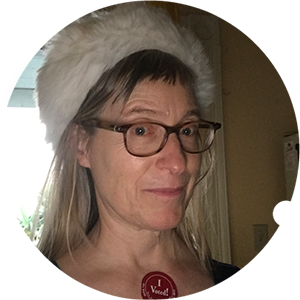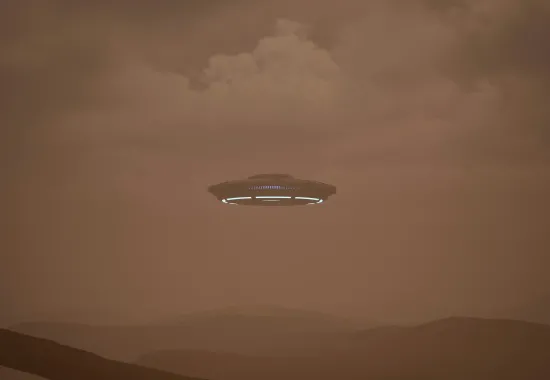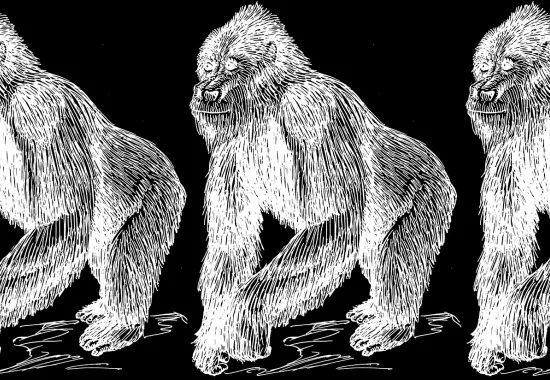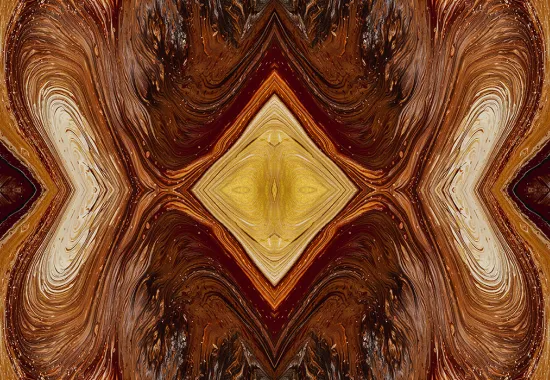And the Sparrows Came
Many years ago, my girlfriend and I stood with my father at his garden. He was giving us a tour of the backyard; behind the yard was a neighboring farmer’s alfalfa field and behind that the Sauk River, and behind that Holsteins on a hill. My girlfriend and I were one day out of the city, out of our basement apartment in a twenty-unit building downtown. We were graduate students at the university, our heads often in notebooks and books, data and language streaming into our un-integrated brains.
The yard that summer was so green we felt as if we were floating or dreaming. My father, sixty-five then, newly retired from forty-five years of inseminating cows for a dairy company, had planted his biggest garden ever—five extra rows of his famous strawberries, plus green beans, carrots, onions, tomatoes, potatoes, watermelons. He had taken up luring wild decorative birds into the front and backyards; he built birdfeeders and wooden posts on which he perched hunks of suet and grape jelly; he filled clear plastic tubes with red Kool-Aid and hung them from trees near the windows; he purchased two fake-marble birdbaths. And the birds came. They feasted in front of the living room and bedroom windows and made nests in the backyard, some of them so happy with the fare they forgot to migrate. Bluebirds, finches, hummingbirds, orioles, robins, and even pileated woodpeckers.
That day the air was thick with sunlight and water from the river and the ten thousand lakes. My father was wearing his beat-up red fishing cap and a white T-shirt and jeans. His skin was the color and texture of a medium-rare steak. He showed my girlfriend and me every row, every plant. He told us how many inches apart he had sown the seeds, the grade of compost and cow manure he used. He compared the new crop to last year’s crop and the one a year before that and a year before that. He talked about the angle of light, the rhythm of this summer’s rain, the sprinkler problems, the marigolds he’d planted on the south side near the tomatoes to deter some animal or plant-eating insect, the small wooden cages he’d built to trap the sparrows notorious for eating his strawberries.
We listened and nodded. My girlfriend had grown up on the fifth floor of a ten-story building in Manhattan, five blocks from Tiffany & Co. Her family kept a few plants but no gardens. Before she moved to the Twin Cities and met me, she’d never been west of Ohio, never been within ten feet of a cow or ground water well or three-foot pile of steer manure.
“These tomatoes aren’t doing so hot this year,” my father said. “But the strawberries are awesome.” Then he reached down, picked up a wooden trap, pulled out a live sparrow, and twisted off its head. “And the carrots are pretty good,” he said, tossing the sparrow’s body and head into the fenced-in compost between the garden and the shed.
At that moment, I looked at my girlfriend’s face. She had great ears—angled out like the ears of a koala bear. But her dark brown eyes had turned inward. She put her hand on her stomach. Pale, she froze. I turned away from her and followed my father to the beans. She went back inside the house and later I found her on the couch, wrapped in my mother’s crocheted afghans. I rubbed her back and she held my hand.
We never talked about the decapitation of the little brown bird.
Later that summer, a tornado wrenched up an apple tree and tore the roof off the shed. My parents’ power went out and they sat in the dark for hours, no television, no phone, no radio, no lights. The windows were black. That summer, my father shot twelve geese and ground the meat with slabs of frozen venison from the doe he’d shot the previous winter into goose-ven sausage and lunchmeat. That summer, the lakes ran high and the fish were jumping out of the water into the boat; my father trucked home walleyes, trout, northern pikes, and sunfish in white buckets. Whoever was visiting— grandchildren, my brothers, sisters, or I—helped him scale the bodies and cut off their heads while he filleted them on a wooden-spool table in the backyard.
My girlfriend never went back. She spent the rest of the summer in our basement apartment at her desk, burrowing through research articles for her dissertation on the fluoride molecule. Solo, fluoride could only exist for a nanosecond. I read her stories by Chekhov, Toni Morrison, Alice Munro. A few times, I asked her to visit home with me again, but I didn’t say, “I really want you to be there with me. They really want to see you.” My parents and family asked about her at first, then stopped. Once, my father said, “Well, she’s so scared of everything.”
At the end of the long winter that followed, just after the ground had thawed and spring was beginning to bloom up on the city sidewalks and trees, my girlfriend passed her final dissertation review, got her degree, and moved back to New York. Solo.
But, on the day we’d looked at my father’s garden together, when we still believed we were in love, my girlfriend, who had rallied from the couch by then, sat with me and my family on the screened-in porch and feasted. Venison, sautéed beans, fried potatoes. We talked about weather, and farming, and the perils of mosquitos. After the meal, my father brought in two big bowls. They were overflowing with strawberries. Vibrant and blood red, pulsing with black earth and sunlight and water. Tasting of all the ruthless, intimate care my father had given them.
Recommended
Schizophrenic Sedona
Recense (realized)
Notes on Hands


